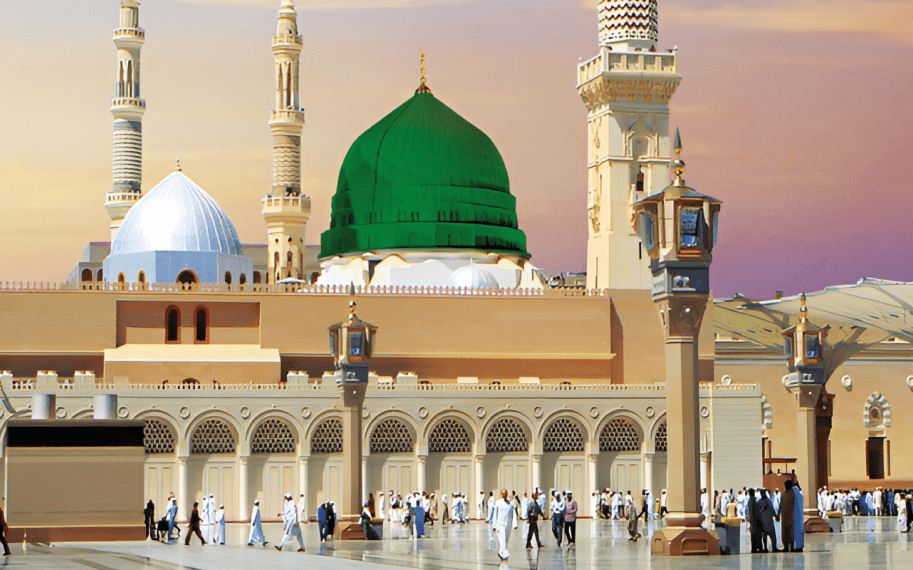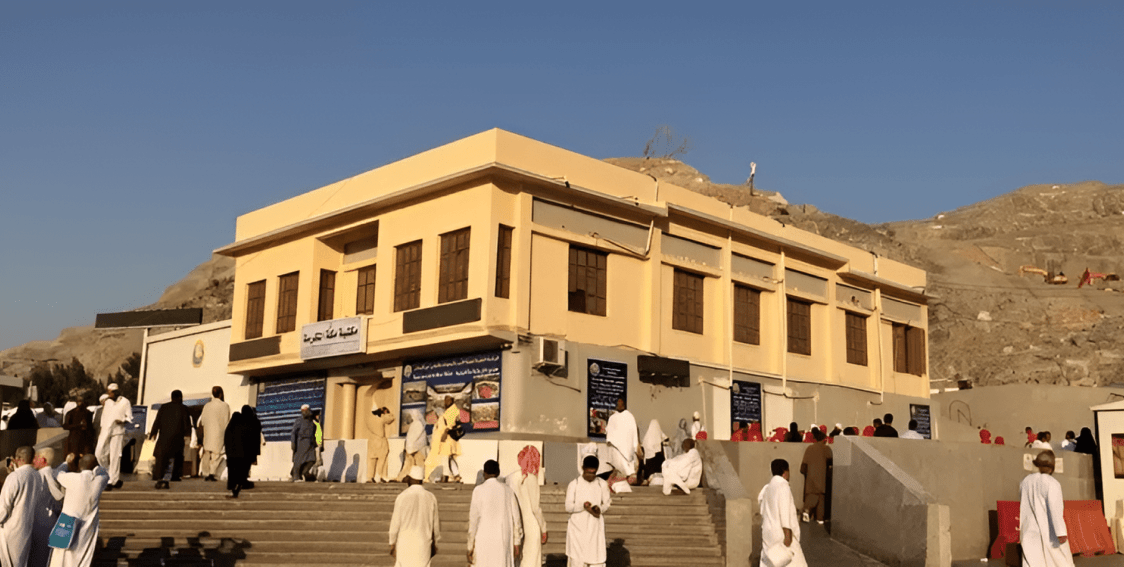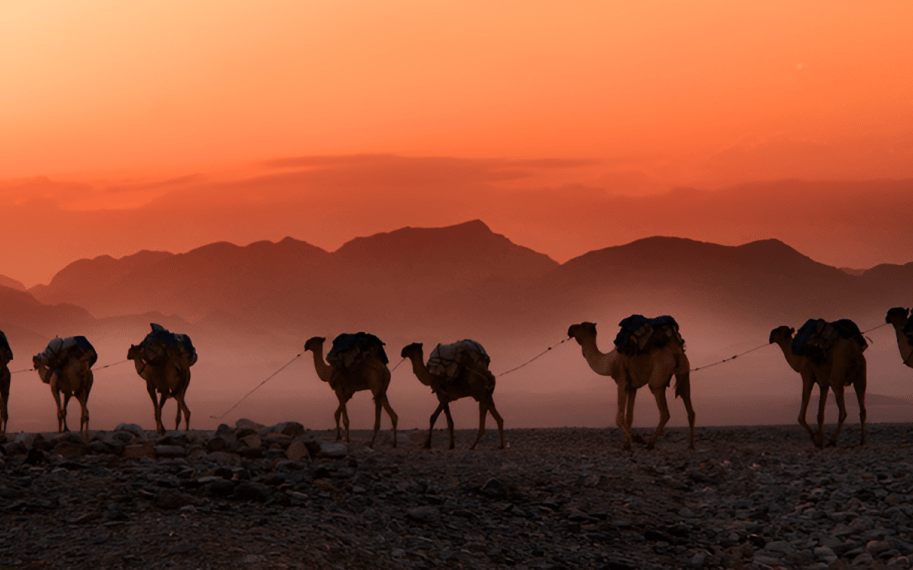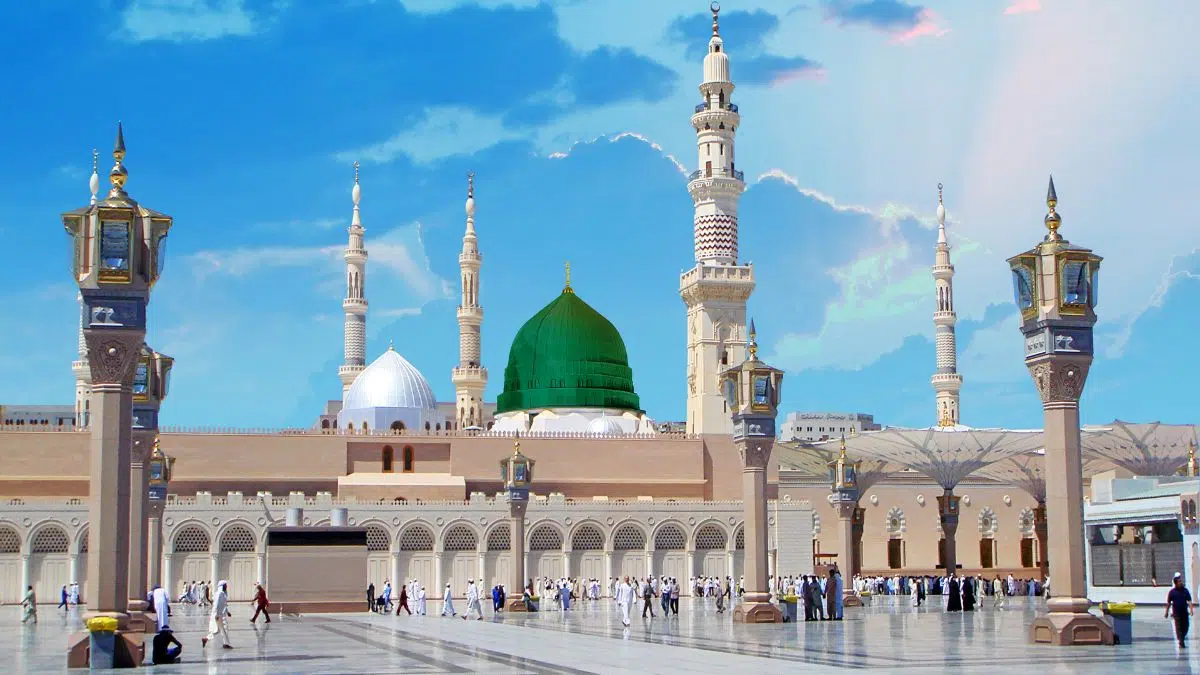
Table of Contents
What is Rabi al Awwal?
Rabi al-Awwal is the third month in the Islamic lunar calendar. It holds special significance for Muslims around the world because it is believed to be the month in which the Prophet Muhammad (peace be upon him) was born. As such, Rabi al-Awwal is often marked by various celebrations and religious activities, including the observance of the Prophet’s birthday, known as Mawlid.
Muslims use this month as an opportunity for spiritual reflection, studying the biography of the Prophet (known as Sira), engaging in acts of kindness and charity, and promoting the values of peace, tolerance, and compassion that the Prophet exemplified. Rabi al-Awwal is a time for Muslims to deepen their connection to the life and teachings of the Prophet Muhammad and to strengthen their faith.
In this blog, we will delve into the significance of Rabi al-Awwal and explore three pivotal events associated with it.
Event One: The Prophet’s (PBUH) Birth
- Rabi al-Awwal is most renowned as the month in which the Prophet Muhammad (peace be upon him) was born.
- His birth, which occurred in the city of Mecca, is a momentous occasion celebrated by Muslims as the arrival of the final messenger of God.
- The Prophet’s birth serves as a source of inspiration for believers, as his life and teachings continue to guide and shape the Muslim world.

Event Two: The Hijrah of the Prophet (PBUH)
- Another significant event associated with Rabi al-Awwal is the Hijrah, or the migration, of the Prophet Muhammad (peace be upon him) from Mecca to Medina.
- This migration, which took place in the year 622 CE, marks the beginning of the Islamic lunar calendar.
- The Hijrah holds immense historical importance as it symbolizes the Prophet’s journey to establish a thriving Muslim community and spread the message of Islam.

Event Three: The Prophet’s (PBUH) Death
- Tragically, Rabi al-Awwal also bears witness to a somber event in Islamic history—the passing of the Prophet Muhammad (peace be upon him).
- The Prophet’s death in this month, in the year 632 CE, marked the end of his earthly mission as the last prophet and messenger of God.
- While his physical presence departed, his legacy and teachings lived on, guiding generations of Muslims in matters of faith, ethics, and conduct.

Why is Rabi al Awwal important to Muslims?
Rabi al-Awwal holds significant importance for Muslims for several reasons:
- Birth of the Prophet Muhammad (peace be upon him): Rabi al-Awwal is believed to be the month in which the Prophet Muhammad (peace be upon him) was born. His birth is celebrated as a momentous event that brought the final message of Islam to humanity. It marks the arrival of the last and most revered prophet in Islam, who is considered the “Seal of the Prophets.”
- Spiritual Reflection: Muslims use Rabi al-Awwal as a time for spiritual reflection. They contemplate the life, character, and teachings of the Prophet Muhammad (peace be upon him) and strive to emulate his noble qualities. This reflection leads to personal growth and a deeper connection to their faith.
- Mawlid Celebrations: Many Muslims celebrate the birth of the Prophet during Rabi al-Awwal through special gatherings and events known as Mawlid. While the way Mawlid is observed varies among different communities, it often involves recitations of poetry, narrations of the Prophet’s life, and expressions of love and respect for him.
- Acts of Kindness and Charity: Rabi al-Awwal is considered a month of blessings, and Muslims are encouraged to engage in acts of kindness and charity during this time. It is believed that good deeds in this month bring multiplied rewards.
- Promotion of Peace and Tolerance: The life and teachings of the Prophet Muhammad (peace be upon him) serve as a model for promoting peace, tolerance, and compassion. Muslims use this month to reflect on these qualities and strive to incorporate them into their lives.
- Unity Among Muslims: Regardless of cultural or theological differences, Muslims around the world come together during Rabi al-Awwal to celebrate the life of the Prophet and the message of Islam. This unity is a testament to the universal appeal of Islam.
- Continued Relevance: Rabi al-Awwal reinforces the idea that the message of Islam is not confined to a particular time or place. It is a universal message that continues to inspire and guide people of all backgrounds and cultures.
Conclusion
Rabi al-Awwal is a month that encapsulates a wide range of emotions and historical events in the Islamic tradition. It signifies the joyous birth of the Prophet Muhammad (peace be upon him), the transformative Hijrah, and the solemnity of his departure from this world. These events collectively remind Muslims of the profound impact of the Prophet’s life and the enduring relevance of his teachings. Rabi al-Awwal is a time for reflection, gratitude, and spiritual growth as believers continue to draw inspiration from the life and legacy of the final messenger of God.
FAQs
1) When is Rabi al-Awwal 2023?
Rabi al-Awwal is the third month of the Islamic calendar, occurring after Muharram and Safar. This year, it begins at Maghrib on 26th September.
2) Why is the birth of the Prophet Muhammad (peace be upon him) in Rabi al-Awwal important?
The birth of the Prophet Muhammad (peace be upon him) is celebrated because he is the final prophet of Islam, and his mission brought the message of monotheism, peace, and guidance to humanity.
3) How do Muslims observe Rabi al-Awwal?
Muslims observe Rabi al-Awwal through various means, including spiritual reflection, reading the biography of the Prophet (Sira), acts of kindness and charity, and expressions of love and respect for the Prophet. Some communities also hold Mawlid celebrations.
4) What are Mawlid celebrations?
Mawlid celebrations are events that mark the birth of the Prophet Muhammad (peace be upon him). These celebrations can vary widely, from simple gatherings to more elaborate events with poetry recitations, narrations of the Prophet’s life, and communal meals.
5) What is the significance of the Hijrah in Rabi al-Awwal?
The Hijrah, or migration of the Prophet Muhammad (peace be upon him) from Mecca to Medina, marks a significant historical event in Rabi al-Awwal. It signifies the beginning of the Islamic lunar calendar and symbolizes the establishment of a thriving Muslim community.
6) Are there any specific prayers or supplications associated with Rabi al-Awwal?
While there are no specific obligatory prayers or supplications associated with Rabi al-Awwal, Muslims often increase their recitation of Quranic verses and supplications that praise and seek blessings upon the Prophet Muhammad (peace be upon him) during this month.
Read Also
12 Scientific Facts in the Holy Quran
Why Should We Learn the Quran Online?
Virtues and Significance of Friday in Islam
Importance of Online Quran Learning
Benefits of Reciting the Quran
Marriage in Islam – All You Need to Know

